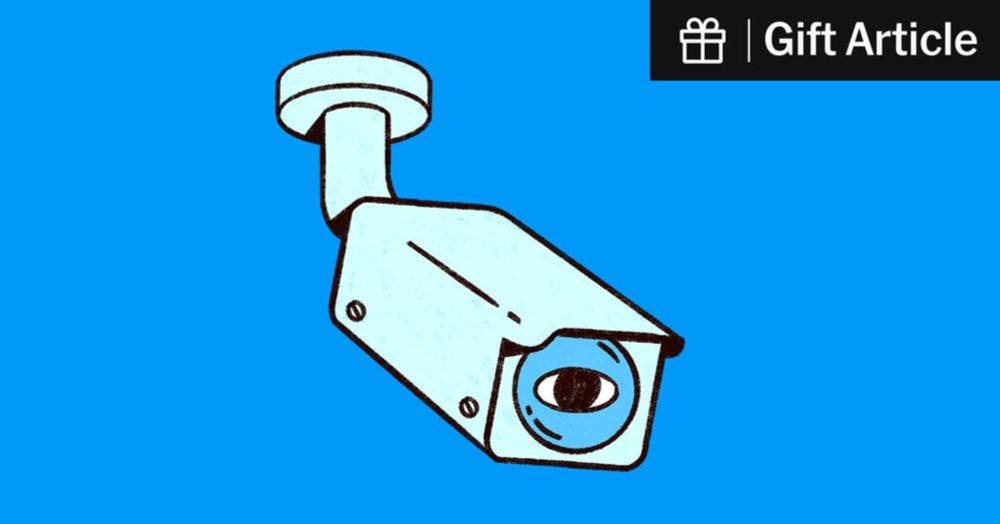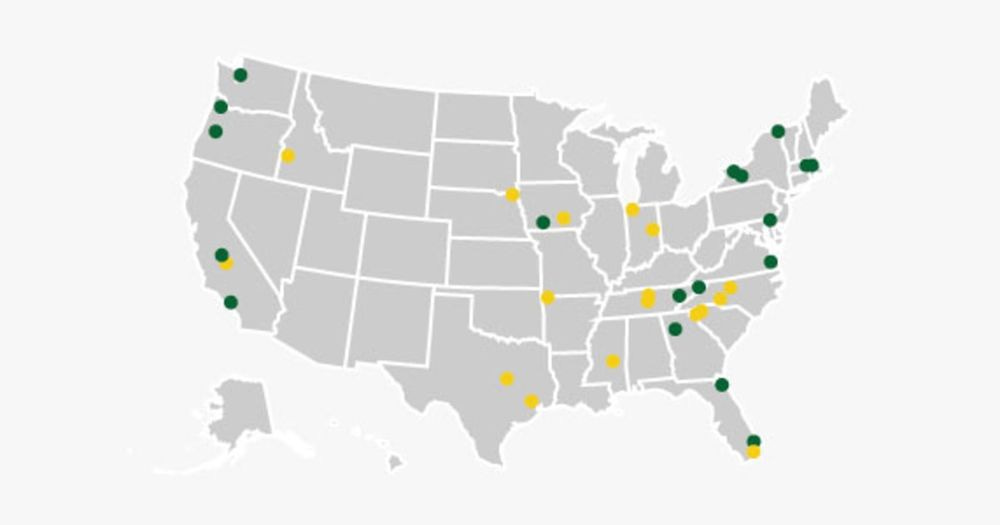Why Teenagers May Be Tracked Their Whole Lives
How data collection and surveillance are being normalized for teens. PLUS: Phone bans may be prompting more reading, and some thoughts on "how to fix health class."
Hi Readers!
I’m Christopher Pepper, an award-winning health educator and the co-author of Talk To Your Boys.
During the week, I send out editions of my Teen Health Today newsletter that are free for all to read - the most recent is Oh Wow, CNN Is Talking About Our Book!
In addition, on Sundays I send out curated collections of thought-provoking essays and news stories like the one you are reading right now. Think of me as your friend who keeps up with everything and sends you the most interesting stuff.
Some parts of these news roundups are for subscribers only. Don’t worry and please don‘t hit unsubscribe: the posts I send mid-week will remain free for all. And if you want a paid subscription but can’t afford it, just hit reply and ask!
I LOVE AND APPRECIATE the folks who pitch in a little bit to keep this newsletter going. Thank you!
Ready to sign up? Use the link below to take advantage of this sale!
In this edition:
Opinion: The N.Y.P.D. Is Teaching America How to Track Everyone Every Day Forever
Teachers' Punishment For Social Media Posts On Charlie Kirk's Death Prompts Free Speech Debate
The Unexpected Upside of Phone Bans in Schools
How To Fix Health Class
How Charlie Kirk Captured Conservative Young Men
The Adultification Bias Leaves Black Girls Vulnerable. Can We Finally Fix It?
Abortion Advocates Raise Alarm About Social Platforms Removing Posts In Apparent Overreach
Opinion: The N.Y.P.D. Is Teaching America How to Track Everyone Every Day Forever (New York Times)
By Elizabeth Daniel Vasquez: I ran a practice inside Brooklyn’s public defense office focused on the police department’s use of science and technology, so I am well accustomed to the department’s collection of personal information on people being investigated for crimes. But more than a decade of observing traditional police work did not prepare me for what the department is doing today: building vast, hidden repositories of data it collects on everyone in the city, with no clear boundaries on how it can be used. As cities across the country follow New York’s lead, I am gravely worried about what this system enables, and the effect on what the Supreme Court justice Louis Brandeis termed our most valued right: the “right to be let alone.”
Take a teenager living in the Marcy Houses, a public housing complex in Brooklyn. Simply because of where he lives, if he posts photos with certain classmates or if he tries out certain hashtags, he might be added to the N.Y.P.D.’s gang database, which contains active entries for more than 13,000 people, 99 percent of whom are people of color. If he is active on social media — as almost every teenager is — the N.Y.P.D.’s social media analysis and research team may track him, analyzing and collecting his online activity and networks. He could be among those who are periodically contacted on social media by undercover detectives impersonating other teenagers.
Even if there is no suspicion that this particular young man has engaged in any crime, his presence on that database exposes him to a level of monitoring previously reserved for intensive undercover operations targeting organized crime. READ MORE
Teachers' Punishment For Social Media Posts On Charlie Kirk's Death Prompts Free Speech Debate (NBC)
By Tyler Kingkade: In the week since Charlie Kirk was assassinated, MAGA influencers and GOP lawmakers have pushed for swift consequences against anyone who makes light of his killing — and professors, teachers and school staff members have come under particular scrutiny.
At least three dozen teachers, professors and school staff members have left or been removed from their jobs because of allegations they posted inappropriate comments about Kirk, according to an NBC News review of school district and college announcements. The posts themselves ranged from political criticisms to expressions of glee over his death.





